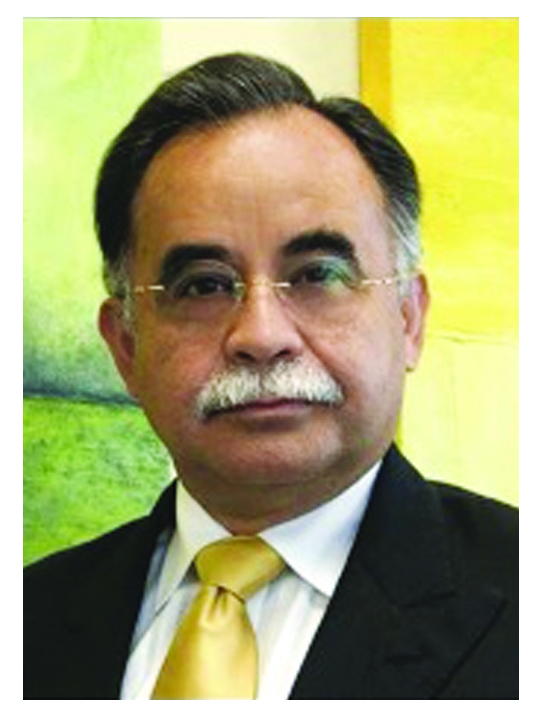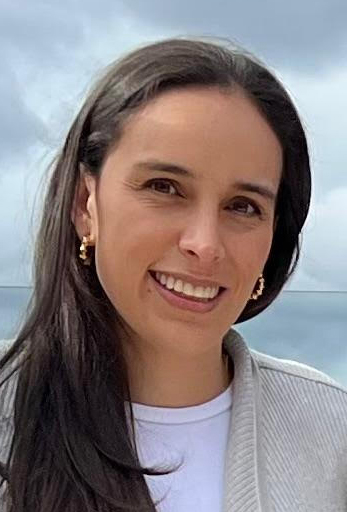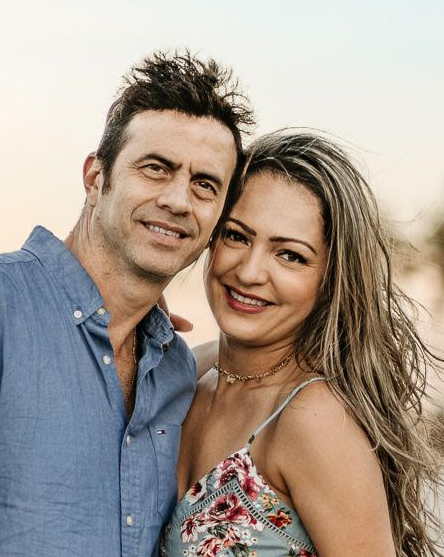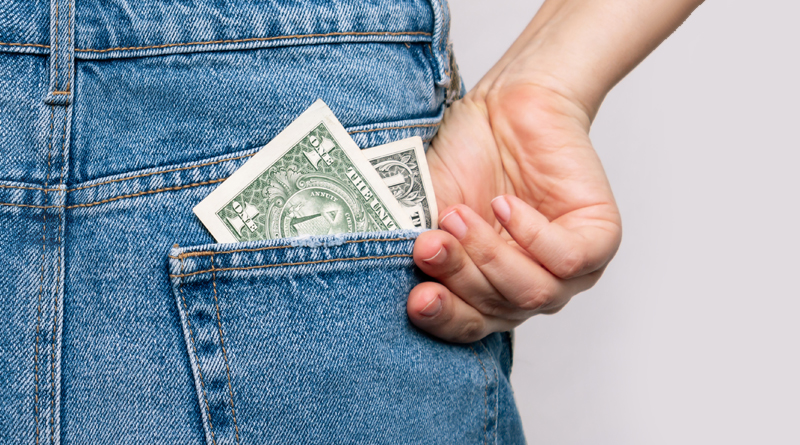How To Protect Your Wallet From Inflation
By: Diana Bello Aristizábal
The Consumer-Price Index (CPI) in the United States increased to 8.6% in May 2022, three tenths above the previous month (April) when it was at 8.3%, and higher than the 7% with which 2021 closed. In this scenario, two questions remain: Will prices continue to rise more and more? And what can citizens do to stretch their money in times of inflation?
To start, it should be said that, in addition to the coronavirus pandemic, another factor that has played a key role in the increase of inflation is the ongoing conflict between Ukraine and Russia. This event has elevated food and gas prices because the geographical point where it is being developed is of vital importance in the production of commodities within these two sectors.
And how are prices today? According to Economist and Professor of Miami-Dade College, Herman Torres, it is estimated that on average food prices have risen 12%in the last year with a tendency for the overall cost of living to increase to a level of between 0.75% and 1% per month.

In this regard, the Economist, Tulio Rodríguez, explains that the value of poultry has increased by 18%, while flour and butter, by 14 percent, fish, by 13.8% and milk by a 13%.
“Inflation in practical terms I compare it with a supermarket cart. As an example, a year ago with $100, you filled the entire cart, while 6 months ago, with that same amount, only half was filled, and three months ago, only the part of the cart where children sit was filled.”
Given this, most likely there won’t be an improvement in the short term. “I don’t think July is going to be a month of progress, although, with the interest rates hikes, prices could start to come down a bit within three months. But to reach the goal of having inflation between 2% and 3%, it may be necessary to wait two years,” says Professor Torres.
However, some strategies can be enforced at home while the economy recovers. It should be noted that it is about making small changes that together allow families to make better use of resources and increase their savings capacity, even when this is difficult to put into practice for households that live under survival mode.
“In Miami there is a long way to go because salaries sometimes don’t even get to $15 per hour and as long as there is no readjustment on this issue, it will continue to be almost impossible for some families to increase their savings levels,” explains Torres.
So what is left to do? In the expert’s opinion, the only way to be one step ahead is to educate yourself, that is, to access academic programs of all kinds that provide citizens the ability to be more competitive in the market.
For his part, Tulio Rodriguez recommends, in addition to having organized and disciplined thinking when buying, developing a collective transportation system within the community to avoid the high costs of gas.
“One option is to assign each family one day of the week to circulate their car and transport the other families. In this way, each family has their vehicle parked six times a week and one day circulating it,” he adds.
But what are South Floridians saying about how to improve their economy? We spoke with some of them, who shared the measures they have taken to deal with the rise in prices.
Budget and savings
For Carolina Acero, 35, the key to making money flow better is to budget and allocate a significant percentage of income to savings. “Before I started budgeting, I never had any money at the end of the week nor did I know how it had been spent,” confesses Acero, who works in finance and strategic planning.

Carolina prepares her budget at the beginning of the year based on her income, which she then decides how it will be distributed monthly in different categories. The first task she accomplishes is to assign a value to each fixed and essential expense such as public services, food, and gas.
Once she defines those expenses that cannot be postponed, she proceeds to distribute what is left over fun, travel, and savings. “As a general rule, in my family, we save between 25% and 30% of our salary.”
Using this method allows her to know exactly how each dollar received was spent to later make the necessary adjustments and to have a clearer vision of her money leaks.
“We don’t review our budget every day and there are months when we go over it, because sometimes unforeseen events come our way. But when this happens, we just adjust it for the next month.”
She recommends families to start updating their expenses once a week in order to monitor what they spend and making sure they don’t go over what was agreed. “There’s no need to keep receipts. All you have to do is enter your bank’s website and download consumptions in an excel file”.
And what about families with variable or very low income that have little saving capacity? In the first case, it is ideal to establish a base income, always trying to go on the conservative side.
“My husband has variable income and we always base our budget on the average or a little less than the average of what he receives. In this way, all the entering money that we did not count with, arrives to fatten savings. We try to have an emergency fund that allow us to live for an entire year without working.”
Achieving this goal is about making a habit out of saving regardless of whether you are experiencing a time of prosperity or scarcity. “The need to save should not arise only in times of crisis. It is a matter of discipline and of knowing that any amount, however small it may be, adds up. Fifty dollars a month is better than nothing.”
 Smart shopping
Smart shopping
The strategy of Adriana Uribe, 43, is to buy in the right places and in the right way. She always chooses supermarkets like Aldi or Costco that have cheaper prices compared to other supermarket chains.
“What really works is buying in bulk, using magazine coupons that come in the mail and BOGO (Buy one, Get one) promotions from supermarkets like Publix. I try to select the house menu based on the foods that are on sale.”
In addition, she also takes advantage of apps belonging to stores such as Target that offer discounts for purchases made on the spot (on some products), and of Rakuten, a website and app associated with different brands of a wide range of products. Those who buy through their platforms receive cashbacks by mail.
For clothing and accessories, Adriana uses the thredUP website, which sells gently used items at substantially lower prices, and the Facebook Market where she claims to have bought winter coats and toys for under 30 dollars.
Finally, she recommends becoming a member of gas stations, pharmacies, pizza restaurants, coffee shops and ice cream parlors, among others, that work through a points system. “In any case, these are stores that you already visit on a frequent basis, but if you register each purchase to your membership card, after accumulating a certain number of points, you receive free products.”
A change of mind and lifestyle
Some people are not only strategic when it comes to managing their personal finances, but they completely opt for a different lifestyle. This is the case of Monika Bravo, 58, who came to Miami from New York looking to improve her quality of life.

But she ended up doing much more than that. In addition to her work as an independent artist, she dedicated her time to studying the meaning of money, inflation and what it takes to face an economic storm like the one we have been experiencing.
It was then when Monika decided to change her eating and shopping habits. “I only buy grass-fed meats because when you buy hormone-filled meats, you don’t get a proper nutrition, and then you have to buy a bag of chips to feel satisfied.”
As for fruits and vegetables, she gave up buying in traditional supermarkets that still charge customers for their packaging and pristine presentation of their products. Instead, she shops on the misfitsmarket website, which sells fruits and vegetables with their natural imperfections but at much more affordable prices. “I can easily spend only $60 on food in a week.”
But in order to make these changes, Monika began by changing her mindset. She arrived to the conclusion that sometimes people become dependent on things they don’t really need. Therefore, the first step towards change is to establish what you need and what you don’t need.
“When you get rid of objects that you don’t need, you leave room for new ones to enter your life because money is energy. This is the time to take out what’s left over, thank those things and then give them away or sell them. Two years ago I discarded many items and without intending to, I made $15,000.”
Within this process of changing her life, she also began to create support networks with friends and acquaintances in order to share services. “If, for example, you are going to pay for a streaming platform like Netflix, think about how many movies or series you can actually watch in a week. Is it necessary to have an active account that is rarely used? Better share your accounts and have someone share theirs with you.”
In her opinion, it is about creating community, consuming responsibly, and becoming completely independent when it comes to making money. “Let’s stop blaming the government, we can’t keep waiting for them to throw a piece of bread at us.”

It was precisely searching for more independence that Lily Cañon, 39, decided to make a change in her life after learning she and her husband, both journalists, had to reinvent themselves in order to get ahead.
“My husband, who used to work in a newscast, is now investing in the stock market and is doing really well, and I work as a web assistant,” says Cañon, who explains working remotely lets them save money on gas.
But, perhaps, the most important change will come in a short while when the family moves to Orlando encouraged by the high rent prices in Miami. “Right now, we are paying $2,100 for a three-bedroom apartment, whereas in Orlando we’ll be able to rent a 4-bedroom house with a pool for $2,000.”
She admits that although moving with her three daughters to a new place causes her some fear, she believes that sometimes in life you have to make radical changes. “I recommend people to do a good search, seek advice, and compare prices. If the economic impact for the whole family is seen as positive, I think it’s worth it”.


Pingback: How To Protect Your Wallet From Inflation – Doral Family Journal – Best Sales and Deals
Pingback: This year, high inflation will also impact homeowners in Florida